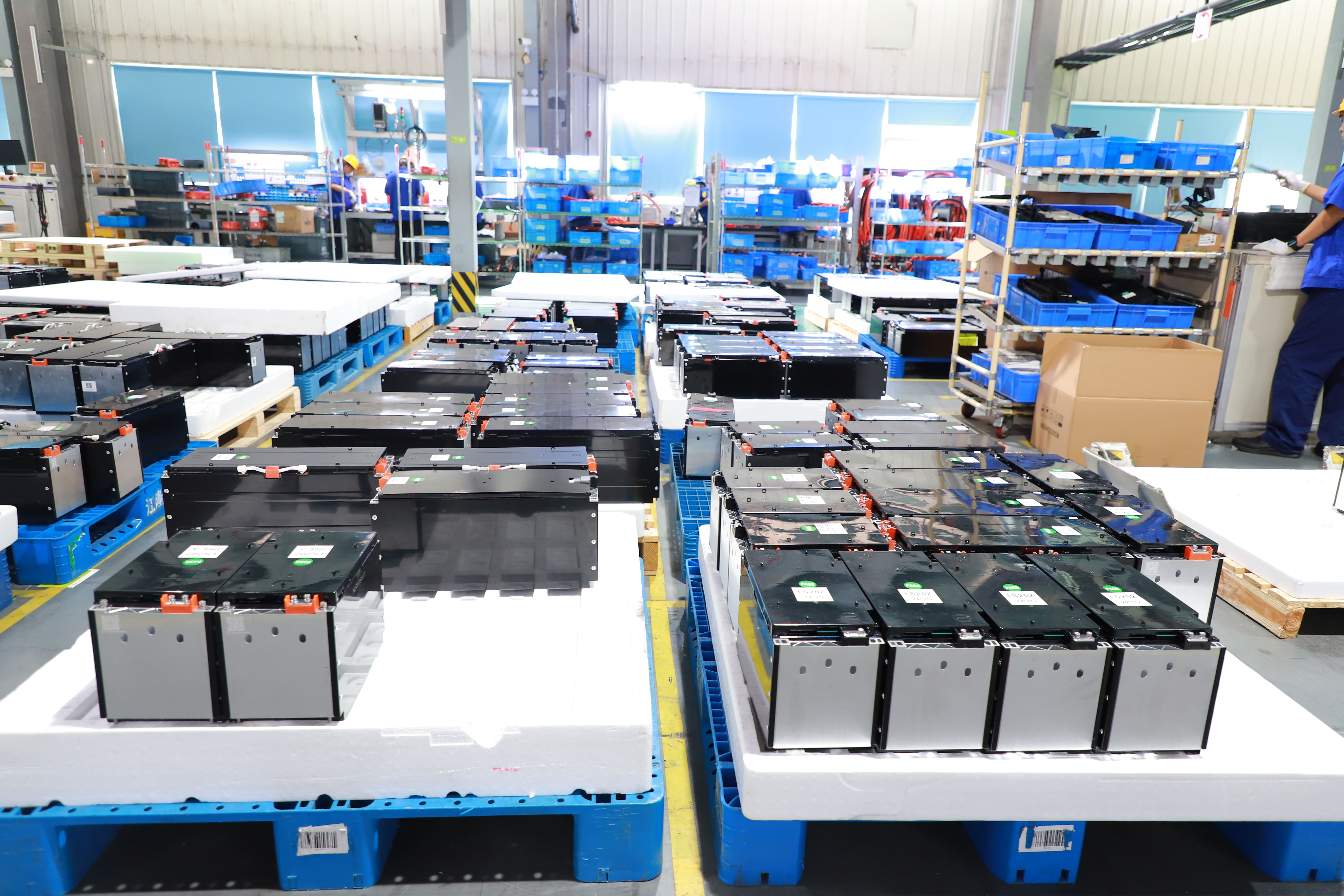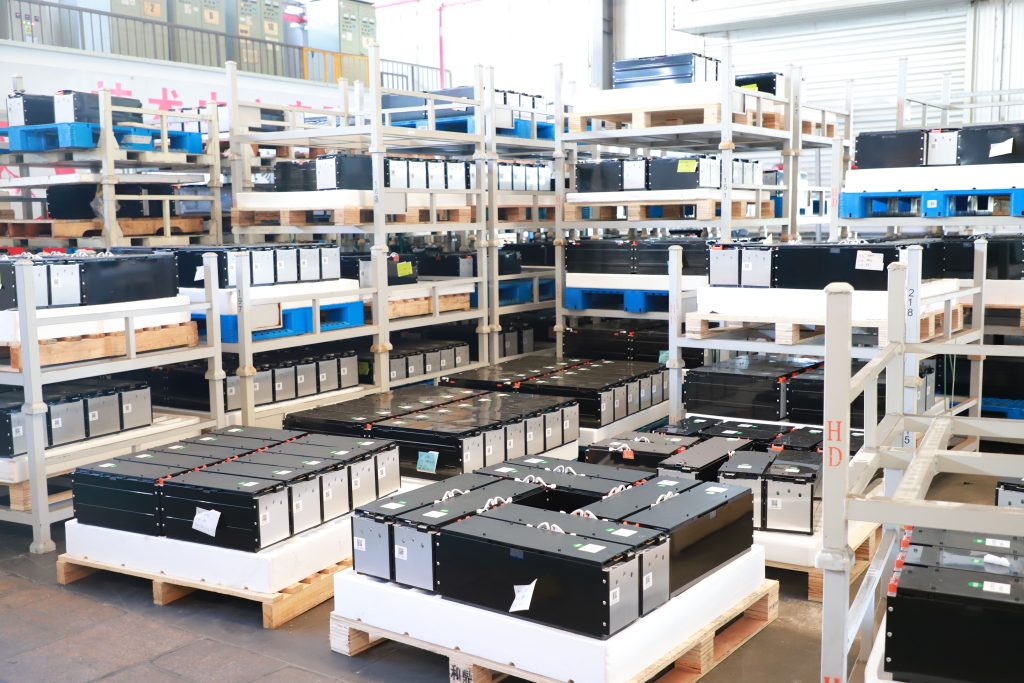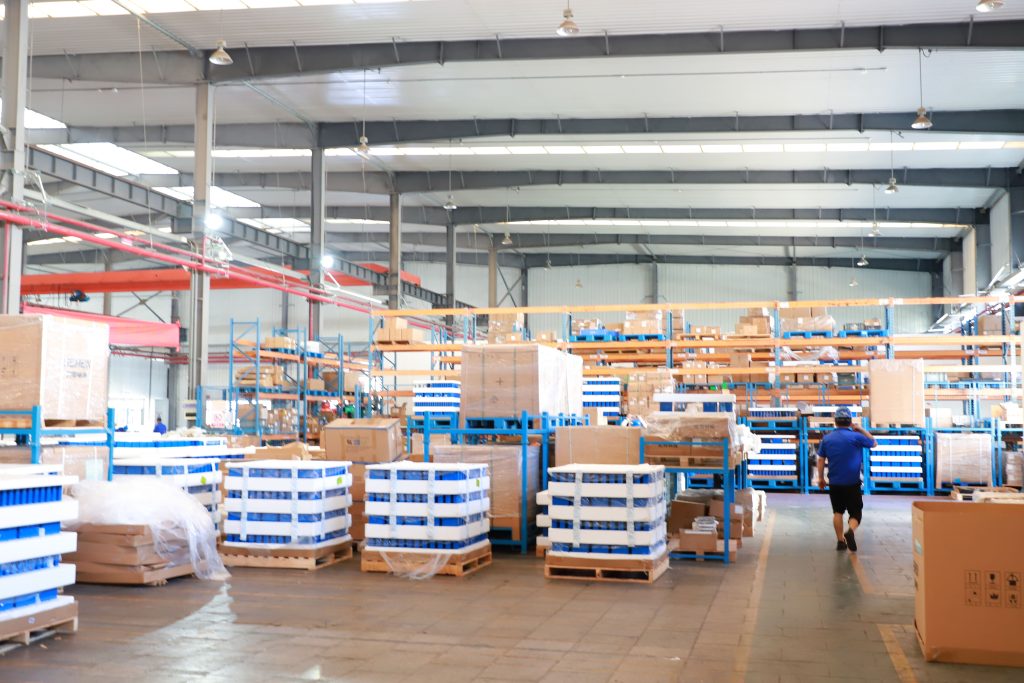
Lithium Iron Phosphate (LFP) batteries are renowned for their safety, longevity, and stability, making them a top choice for various applications, including electric vehicles and energy storage systems. The grading of LFP battery cells is a critical process that determines the quality and performance of these batteries.
Understanding LFP Cell Grades
LFP battery cells are typically classified into different grades based on their performance and quality. The most common grades are A, B, and C, with Grade A cells being the highest quality and Grade C being the lowest.
- Grade A Cells: These cells undergo stringent quality control measures and exhibit high capacity retention, low internal resistance, and uniform performance. They are designed for high-demand applications such as electric vehicles (EVs), renewable energy storage, and critical infrastructure .
- Grade B Cells: Grade B cells are more cost-effective but may have slightly higher internal resistance and lower capacity retention compared to Grade A cells. They are suitable for less demanding applications where budget constraints are a primary consideration .
- Grade C Cells: These are the lowest grade cells with the shortest cycle life and are typically used in single-cell portable applications.
Performance and Quality Differences
The performance and quality of LFP cells vary significantly across different grades:
- Capacity Fade/Cycle Life: Grade A cells have a lower rate of capacity fade and longer cycle life, making them more reliable in the long term compared to Grade B cells .
- Safety: Grade A cells incorporate advanced safety features and are less prone to issues like bulging or swelling, making them safer for use in applications that demand high power and fast charging .
Top Chinese LFP Battery Cell Suppliers
China is a global leader in LFP battery cell manufacturing, with brands like CATL, BYD, and EVE Energy leading the way:
- CATL: Known for its global expansion and integration with leading automotive manufacturers, CATL specializes in improving energy density and safety features of LFP batteries .
- BYD: As a pioneer in integrating LFP batteries into electric vehicles, BYD focuses on enhancing battery performance, particularly in energy density and charging speeds .
- EVE Energy: EVE Energy is recognized for developing high-energy density LFP cells, catering to the demand for efficient energy storage solutions .
SPIDERWAY LFP Battery Product Advantages

SPIDERWAY is a brand that specializes in industrial vehicle LFP batteries, using only Grade A cells from top Chinese lithium battery cell brands as raw materials. This ensures the stability, safety, and high performance of their products:
- Safety: SPIDERWAY LFP batteries are known for their thermal stability and non-combustible nature, reducing the risks associated with battery failure.
- Longevity: With a lifespan exceeding 6,000 cycles, these batteries minimize replacement frequency and operational costs.
- Fast Charging Capabilities: SPIDERWAY’s chargers enable quick recharging without compromising safety, reducing downtime.
- Environmental Sustainability: Made from non-toxic materials, SPIDERWAY’s LFP batteries are easier to recycle, contributing to a greener future .

The grading of LFP battery cells plays a crucial role in determining their performance and quality. SPIDERWAY’s commitment to using only Grade A cells ensures that their products meet the highest standards of the industry, providing customers with reliable and efficient energy storage solutions.

